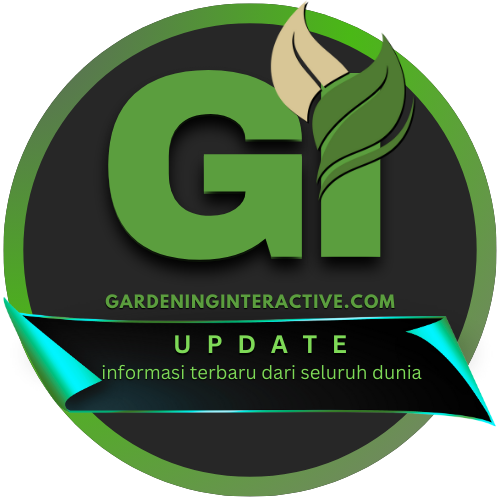Berita
Download Aplikasinya dan Belanja Sekarang!
Success! Please check your phone for the download link
Jurnal Shop
PROMO Gardening Interactive
LACAK PESANAN












